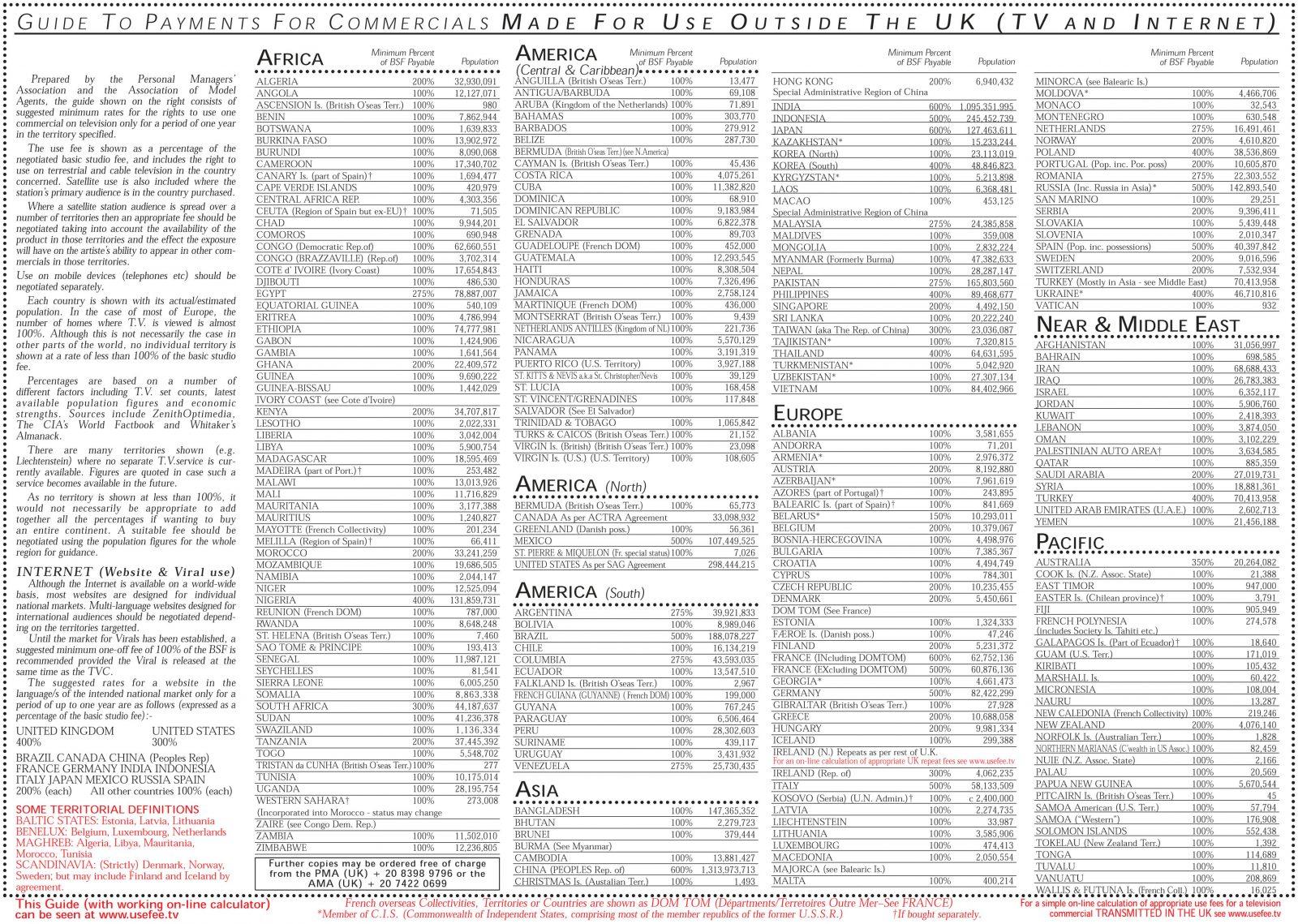Voice actors and the Calimero Syndrome
In this article
· Lowball rates exist only because they are accepted
· Casting for talent vs. casting for rates
· Publishing your rates saves time
· Accepting rock-bottom rates, or how to shoot yourself in the foot
· Self-respect and selling yourself short
We often hear certain French voice actors (and voice actors in any language, really!) complaining about the low rates they are sometimes offered. So, are we victims of vicious birds of prey on poor little defenceless prey? Is it really too unfair?

Often, production companies that operate this way will have their pitiful recordings rejected by their client and will have to call on a (real) voice over professional to re-record—this time out of their own pocket - because professionals will charge them the real rate: the professional rate. Of course, poor performances do sometimes get approved. We’ve all heard voice overs devoid of any interest, laboriously droning through their script like a child learning to read or overacting their delivery like a bad lawyer making a showy plea, leaving us wondering: how on earth was this person chosen? Fortunately, it’s rare - but it does happen.
So what's a fair rate?
We also see a lot of requests for rates on social media professional groups, which is understandable, given the different types of rates: per session, per word count, per finished minute, per finished hour, exploitation rights, etc. for different sectors: TV spots, radio commercials, corporate videos, web spots (organic or sponsored), explainers, audio books, e-learning etc.
But if we're going to take up a trade, shouldn't we, like everyone else, not only have the talent for it and acquire the necessary skills to practise it, but also learn how it works, its codes, and educate ourselves about good practice, including the rates charged by professionals? I talk about this in my article 20 Tips To Get Ahead In Voice Over. There is an obvious correlation between the fact that many of us have difficulty drawing up a logical, coherent quote, and the fact that a few unscrupulous production companies seek to exploit this weakness.
Of course, people who complain about the low rates offered to them know that these are below the professional standard (otherwise they wouldn't be complaining!), but if we don't know precisely the value of the work required, how can we know how much lower the rate is?
If a client offers us a price, it's up to US to know whether it's right or not, and to accept or reject it. If a client asks us for our price, it's up to US to know what's relevant and to say to the client, my price is so much and it includes this and it excludes that: session, studio if we work from our private studio, de-rushing, cleaning and adjustment to the image if requested, exploitation rights if applicable... Serious clients appreciate the true value of our work.
Want an easier life?
It's simple: publish your rates. I publish mine - you'll find them on this page: voice over rates. This will spare you from having to deal with bottom-of-the-barrel requests - only serious clients will reach out to you. I completely understand the hesitation to take this step: the fear of no longer being offered work. That’s precisely why so many people who sell themselves at the lowest rates don’t do it - because it would scare off their only clients. But talented voice actors don’t scare off clients. In the professional world, no one respects someone who doesn’t respect themselves. Those who undersell themselves will be exploited for lowball jobs and will often struggle to get paid - because bad clients are also bad payers. And when casting is based on talent rather than price, they won’t even be considered.

In France, there's nothing, so it's a free-for-all. And don't tell me that it's been like that since the advent of voice-overs working from their own studios. I've been in the business since the 80s, first as a copywriter in an advertising agency and then as a French voice actor since 1994, and I can tell you that it's been going on for much longer than that.
Of course, in an ideal world no one would seek to exploit uninformed professionals or people who lack the skills to demand rates that reflect the skills they lack, and all customers would know the rates in force. But we don't live in a carefree world: the real world is what it is. But that doesn't mean we should point the finger at these customers.
The overwhelming majority of production companies offer professional rates, and relatively few offer a tip as a fee to voice over talent. But even they are not responsible for us accepting these insultingly low rates. We have the choice to refuse. Of course, sometimes it's difficult, but we're not victims. If we accept inappropriate rates, it's not the fault of those who offer them, but collectively, it's our fault.
Finally, it's important to understand that working at too low a rate kills the business. Historically, pulling rates down has never been a good thing. And if you think you'll be able to adjust your rates as you gain more experience, think again: once you're in the 'cheap' drawer, you'll never make the transition to the 'quality' drawer. You can't change a first impression.
What's more, as I keep saying, we're not civil servants: seniority is irrelevant in our profession. If we're not capable of doing it at a professional level, we train. If we can do it, we have the same value as any other voice over actor, whatever their experience. This is a subject I develop in my article Hands Of The Loot. Respect yourself, don't sell yourself short, you're better than that.
I hope this article has helped you. If it has, please consider sharing it with your colleagues who, like you, could benefit from it. They'll be grateful for your generosity, and so will I!
I invite you to share your experience here and leave your comments, suggestions or questions. I'll do my best to answer them.
PS: by subscribing to this voice over blog, you will have exclusive access to new articles before they are officially published. It's free so make the most of it, subscribe now !






Write a comment